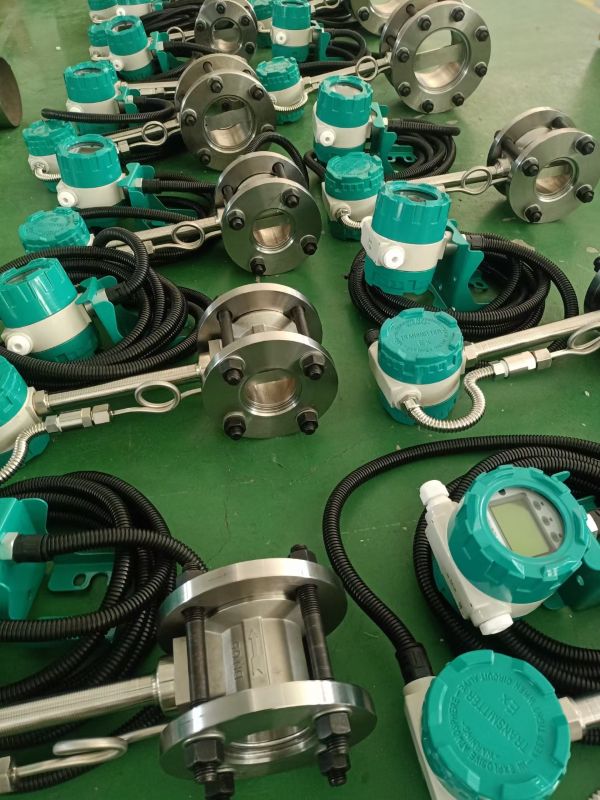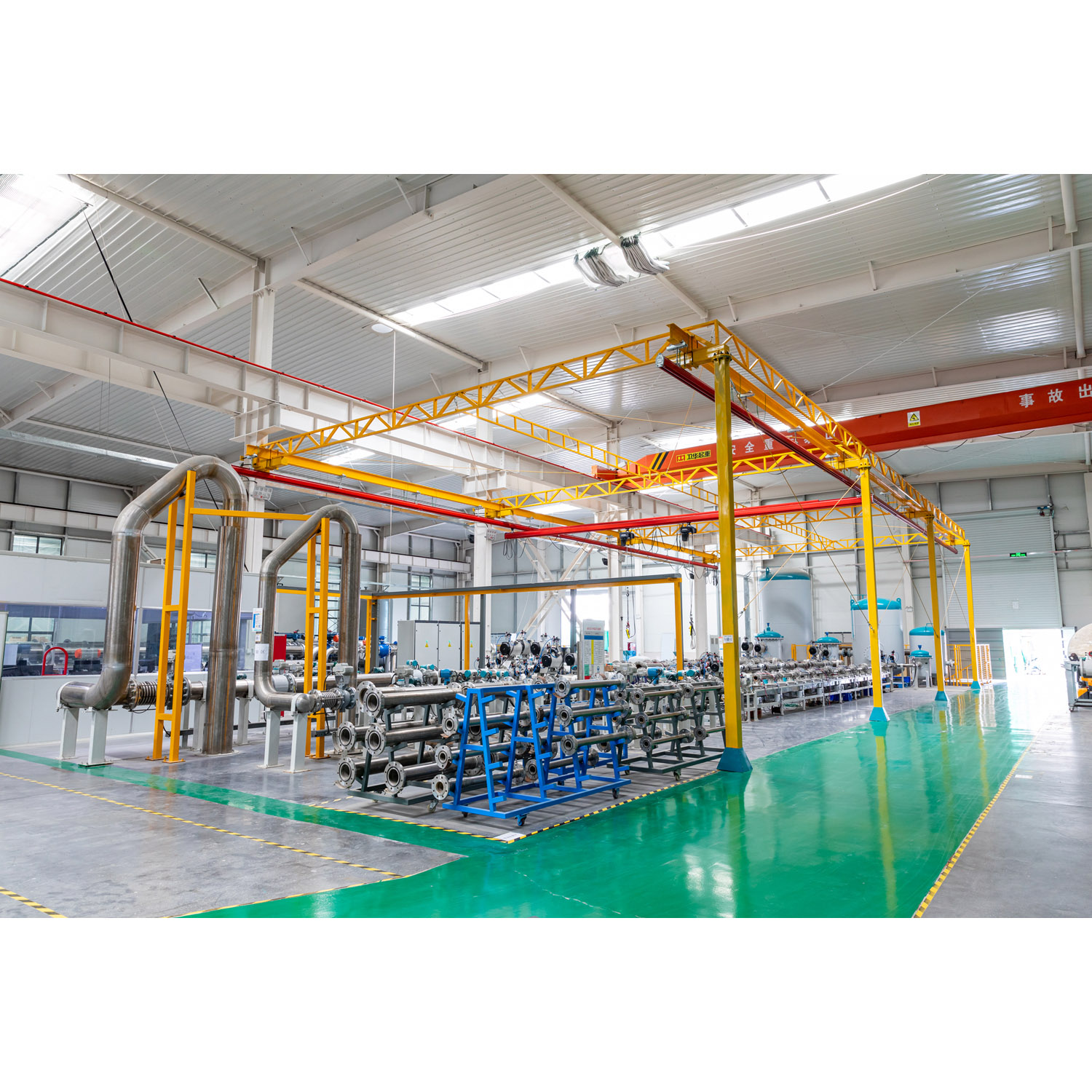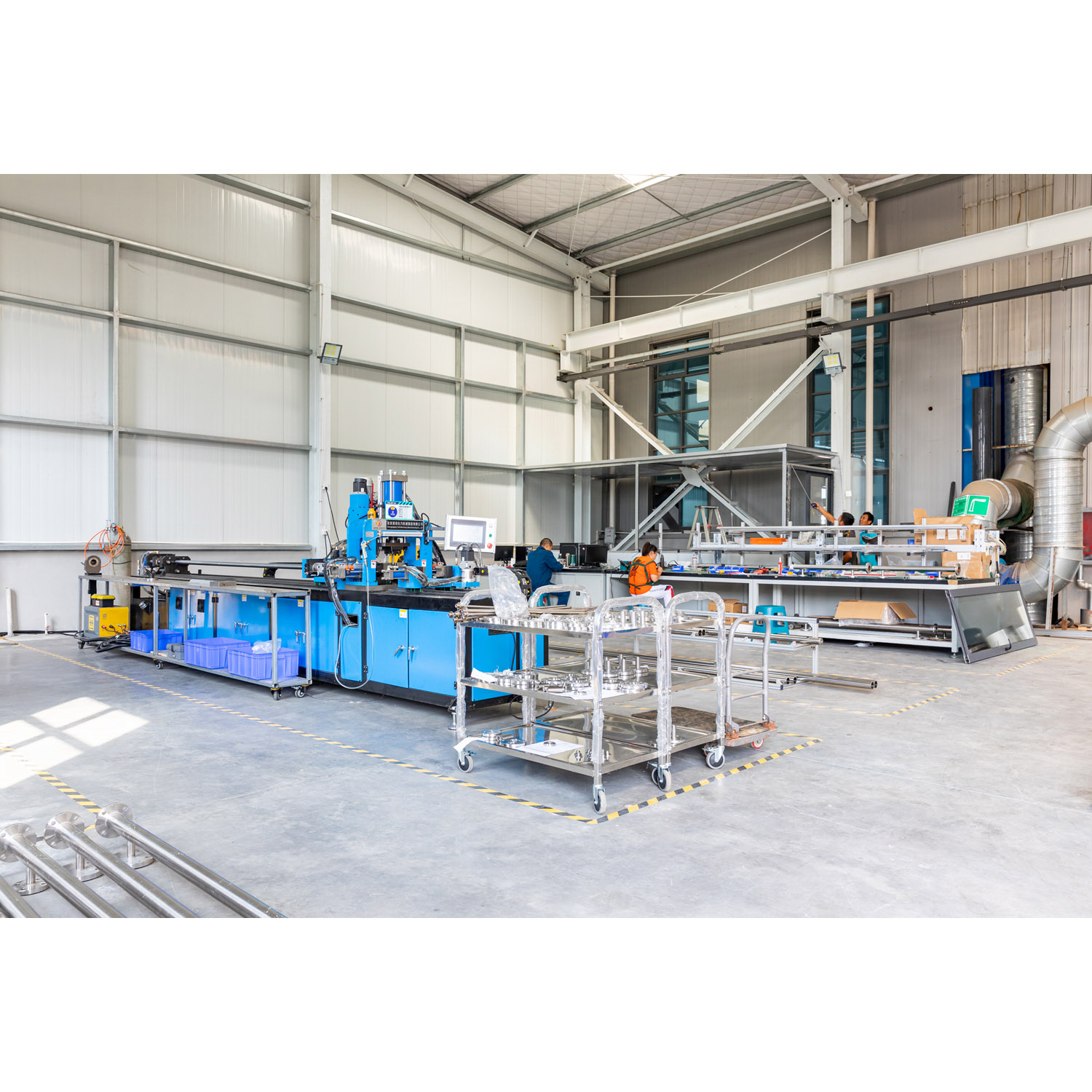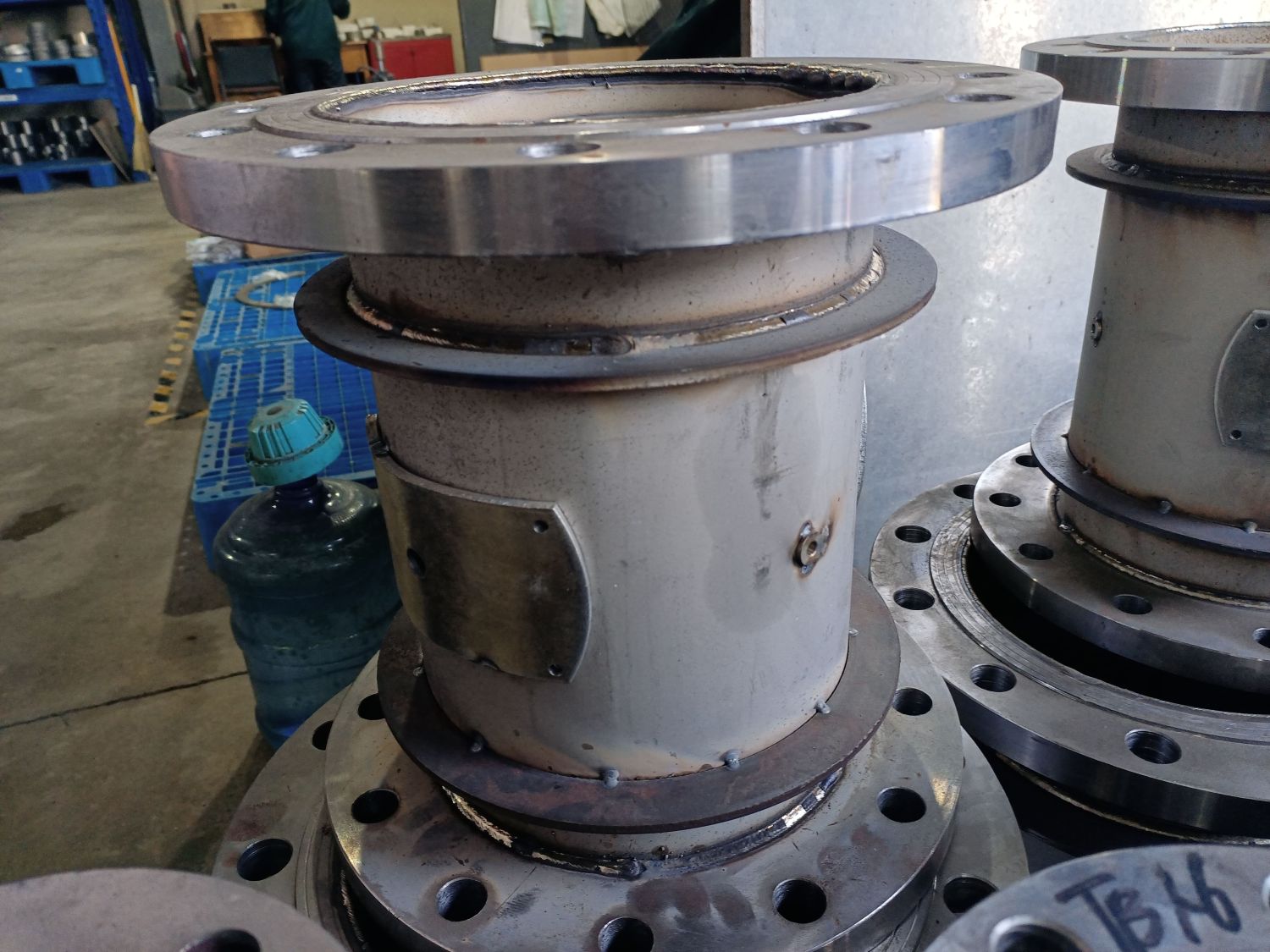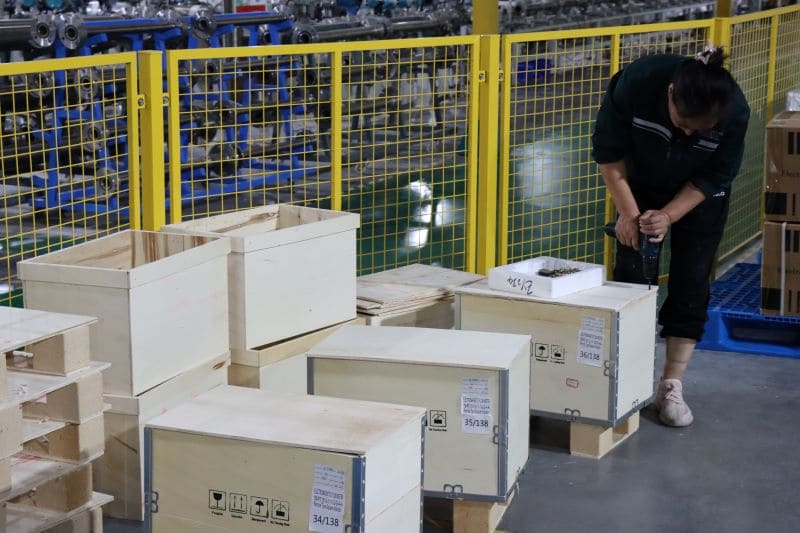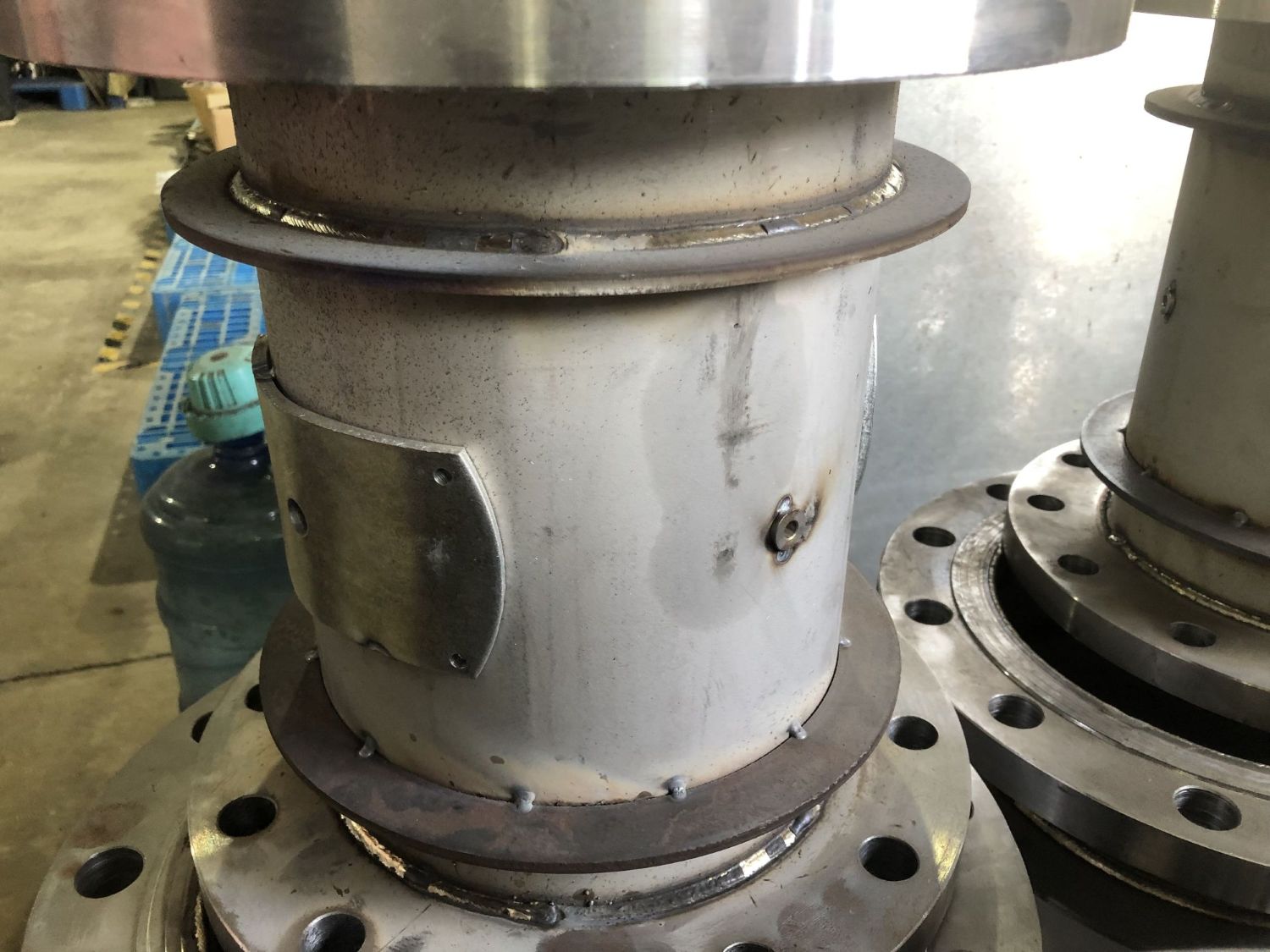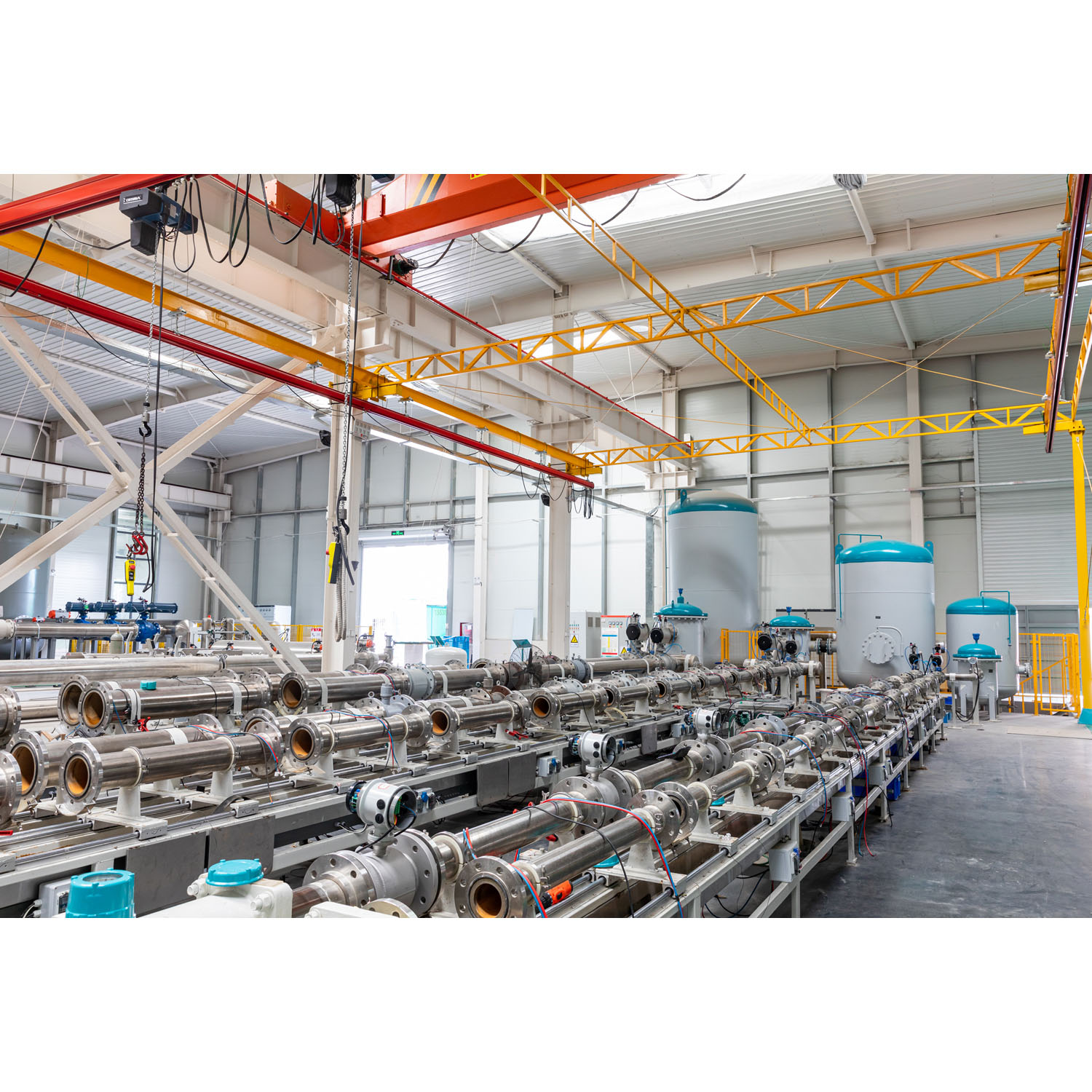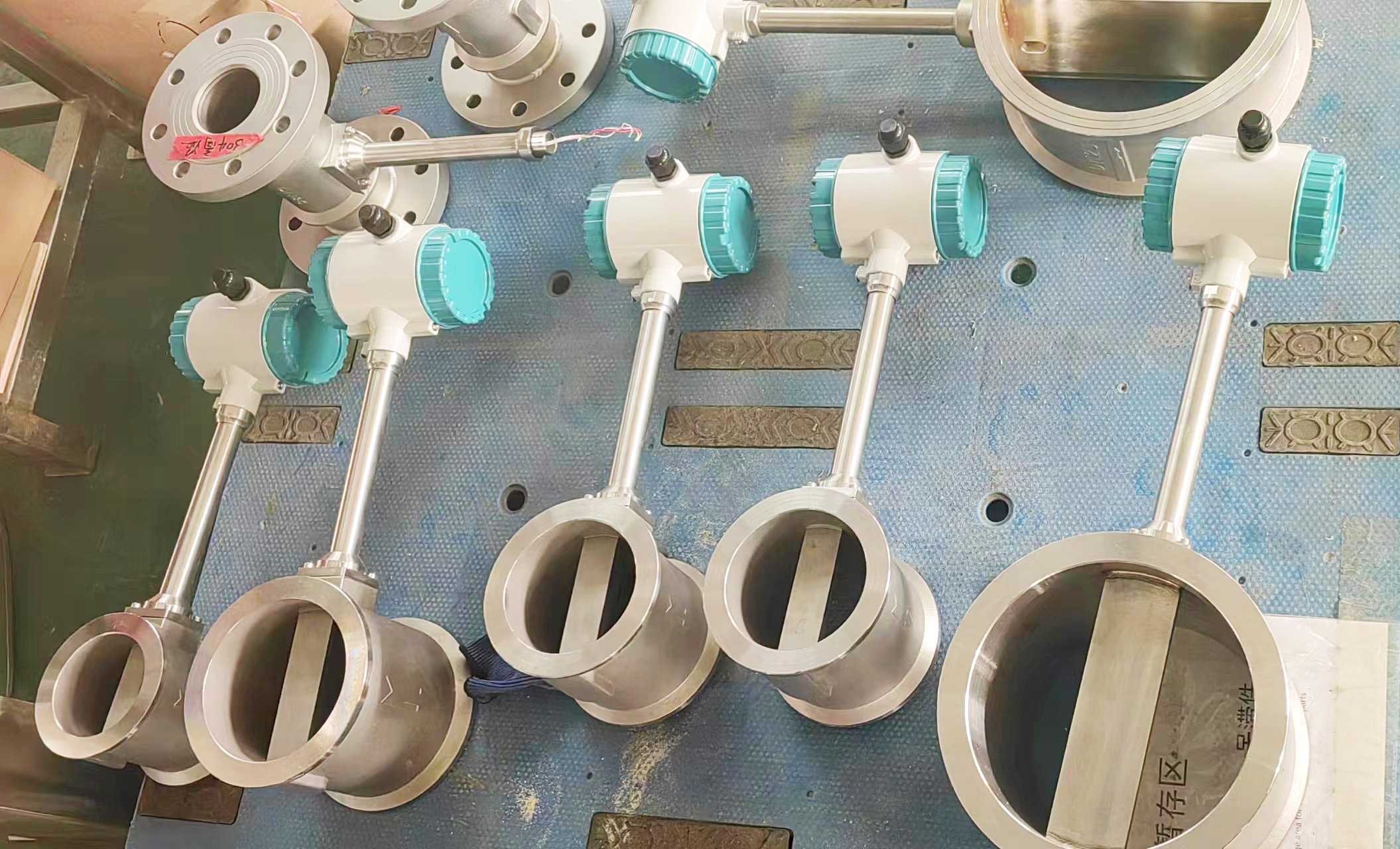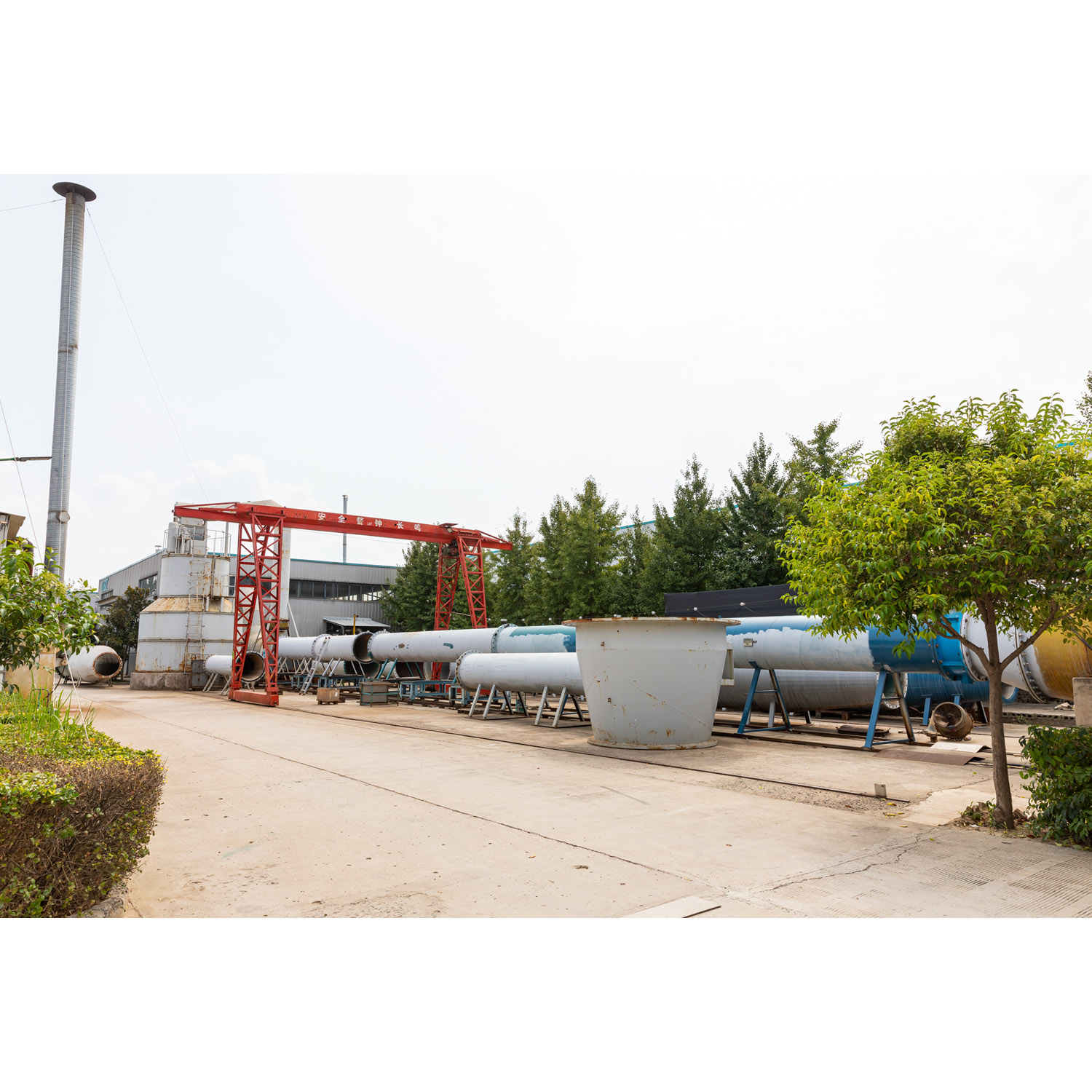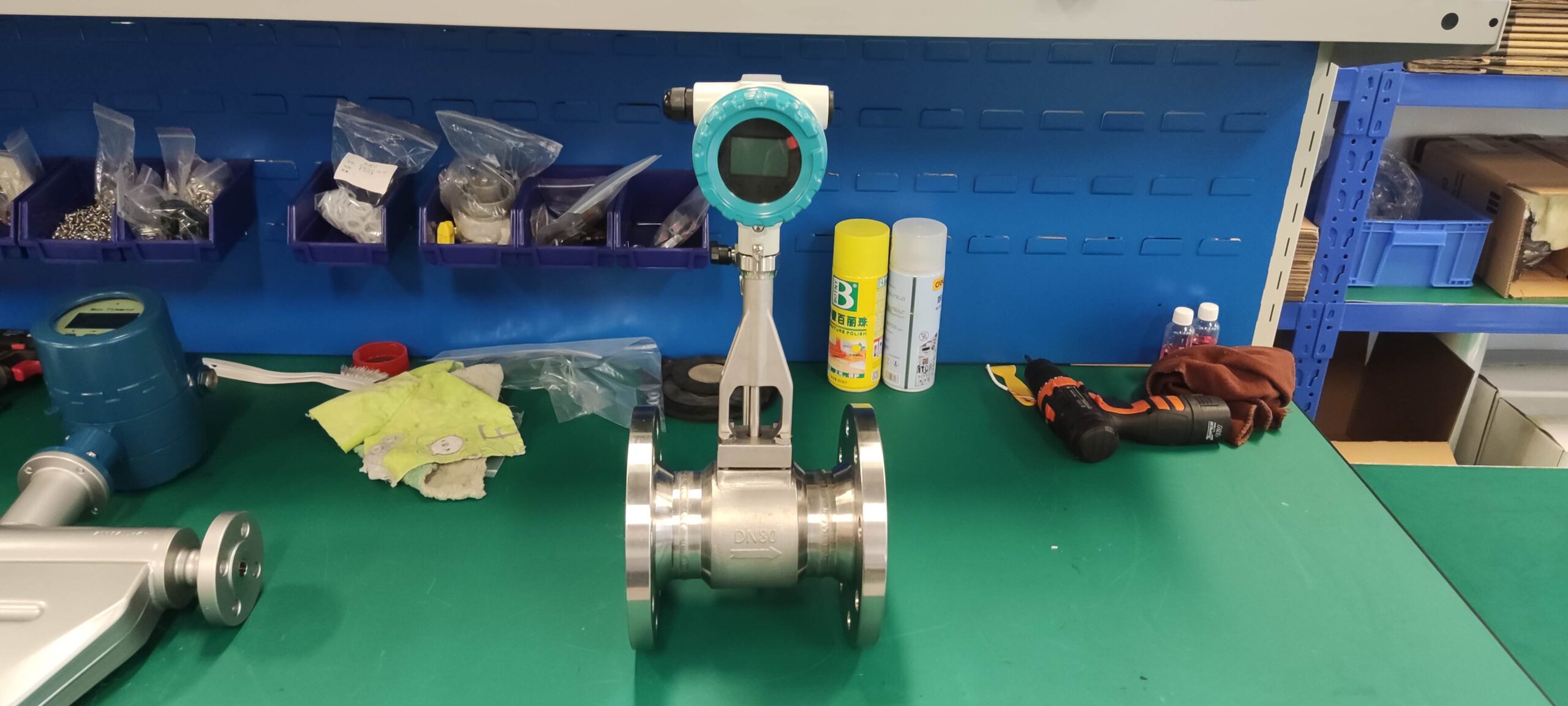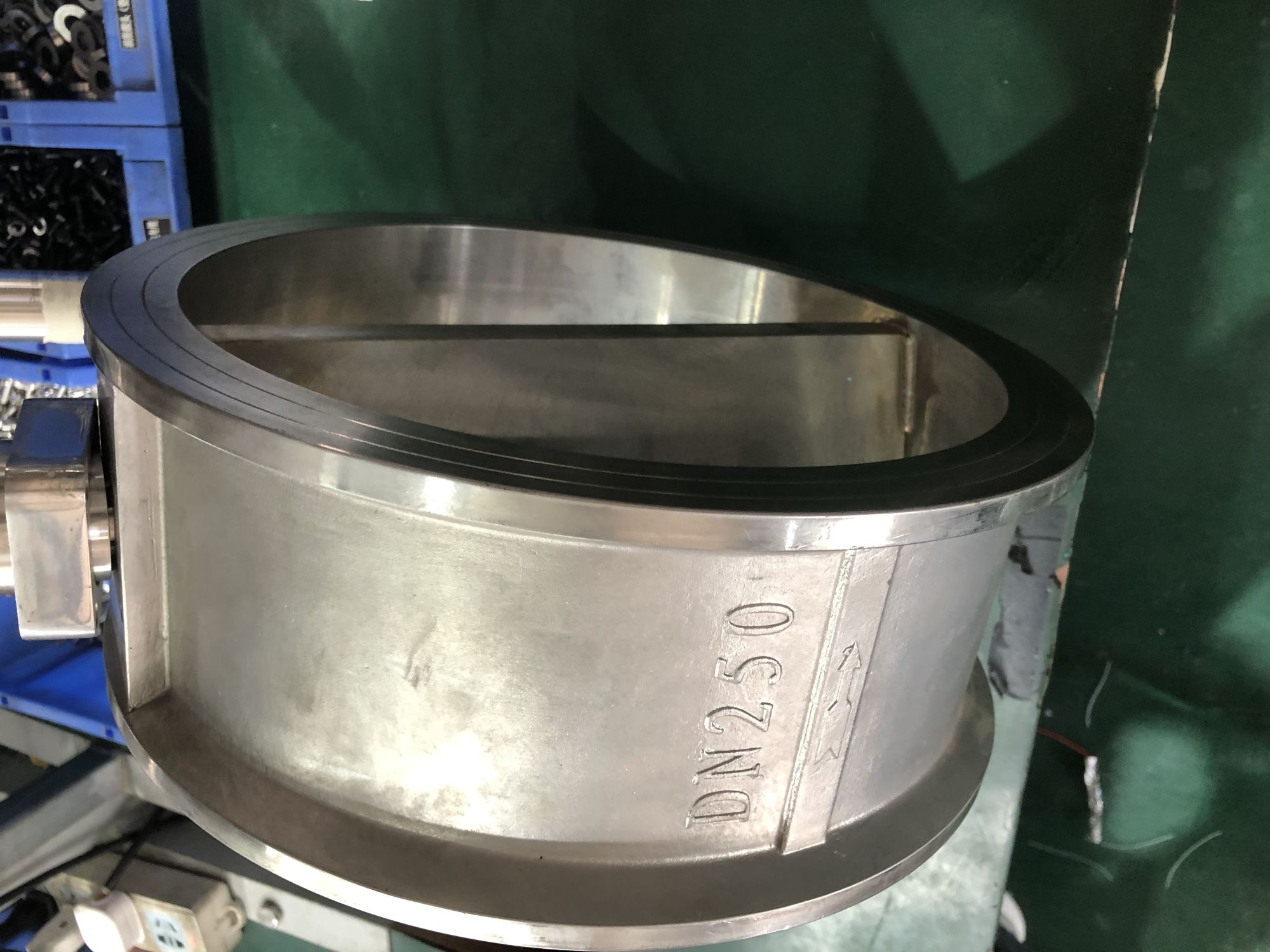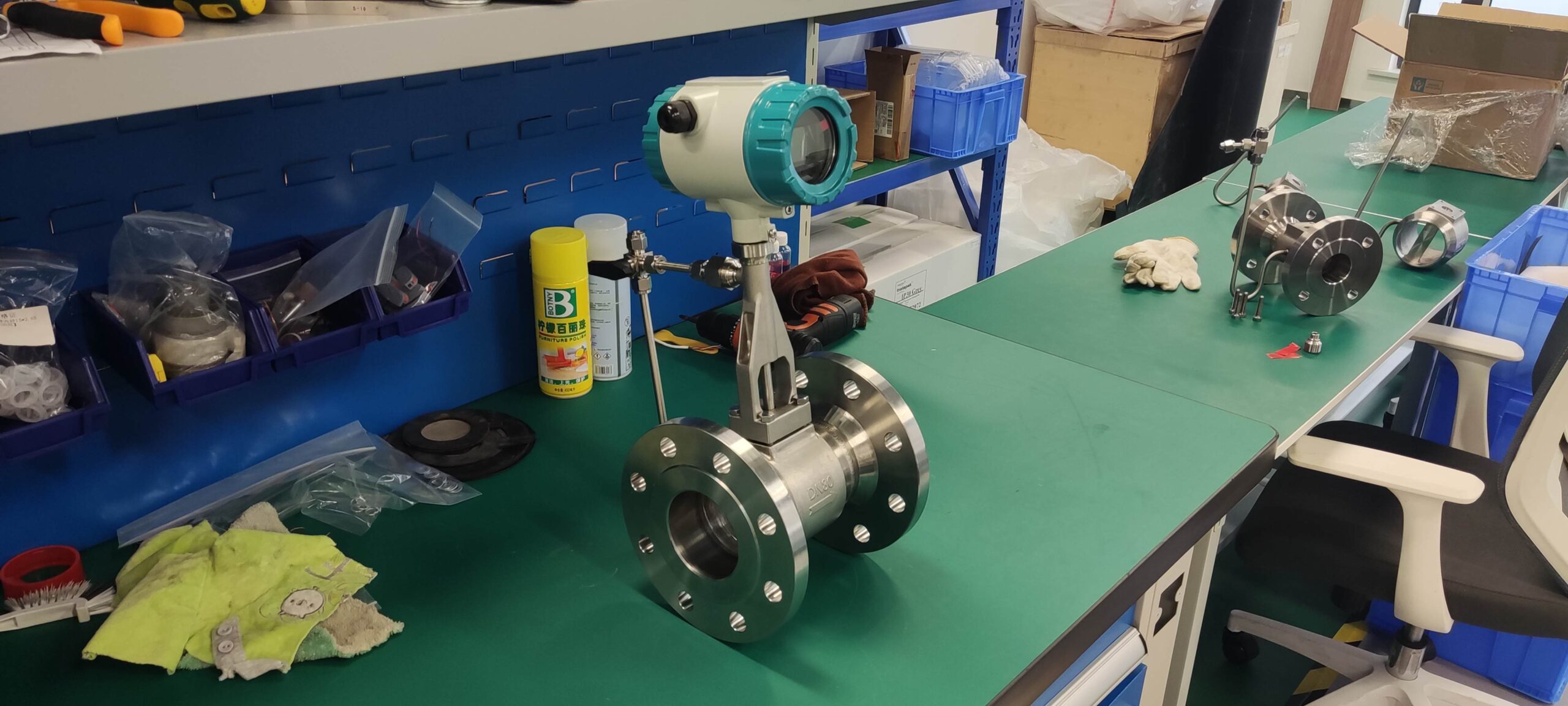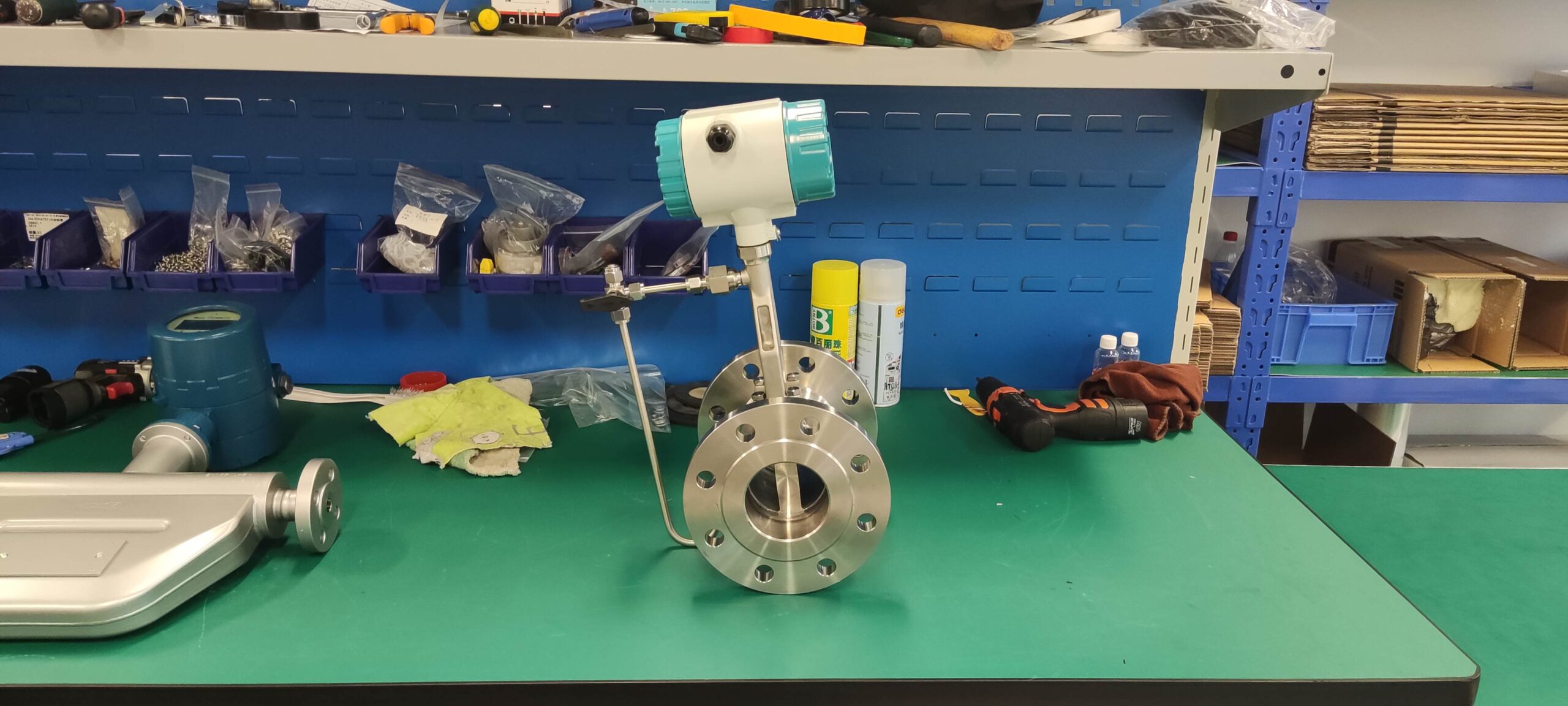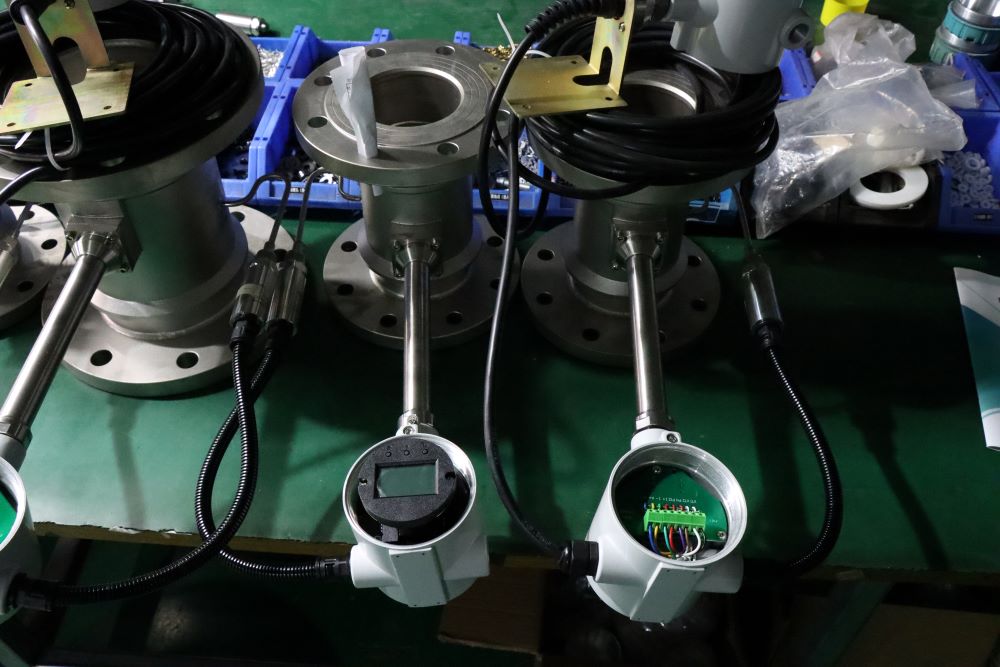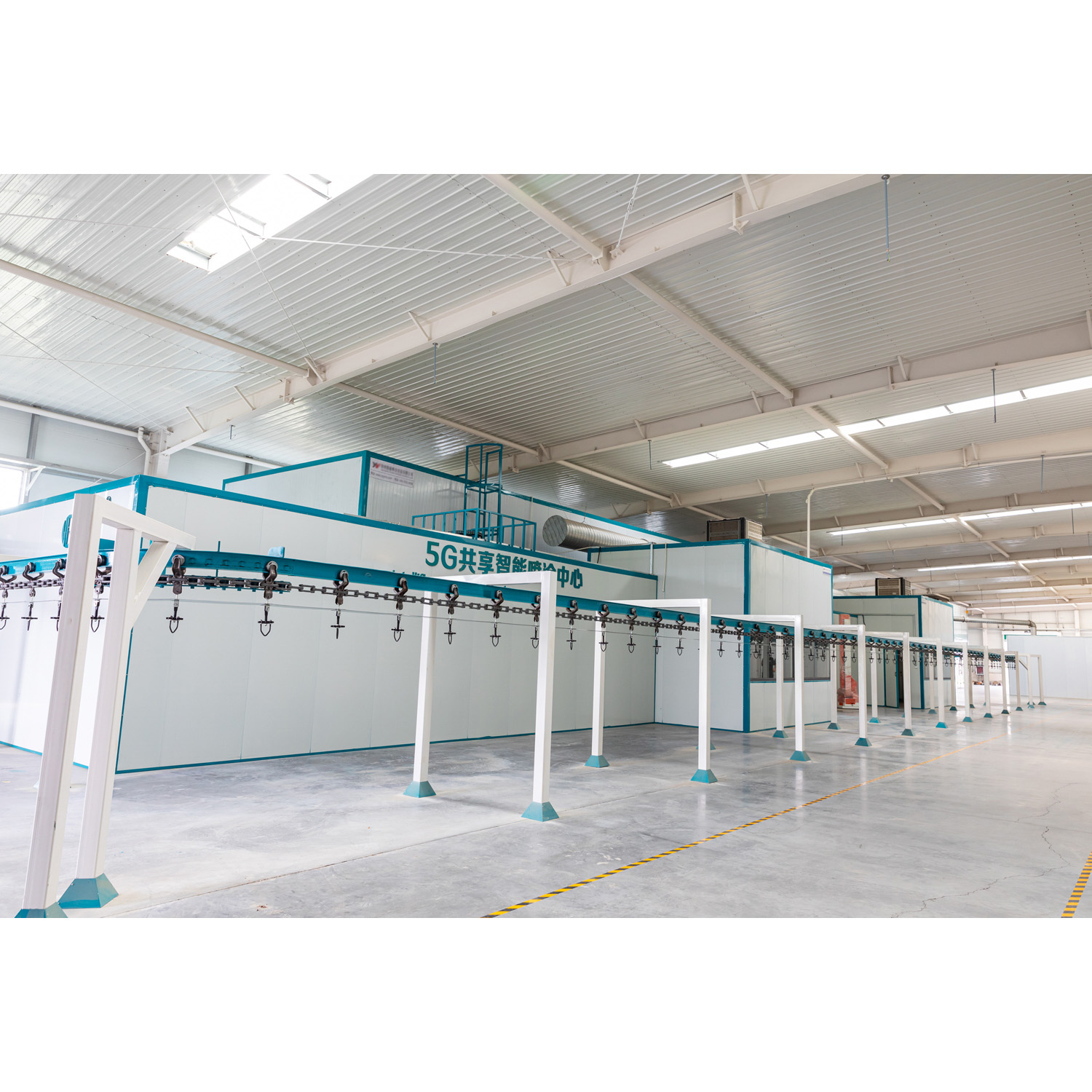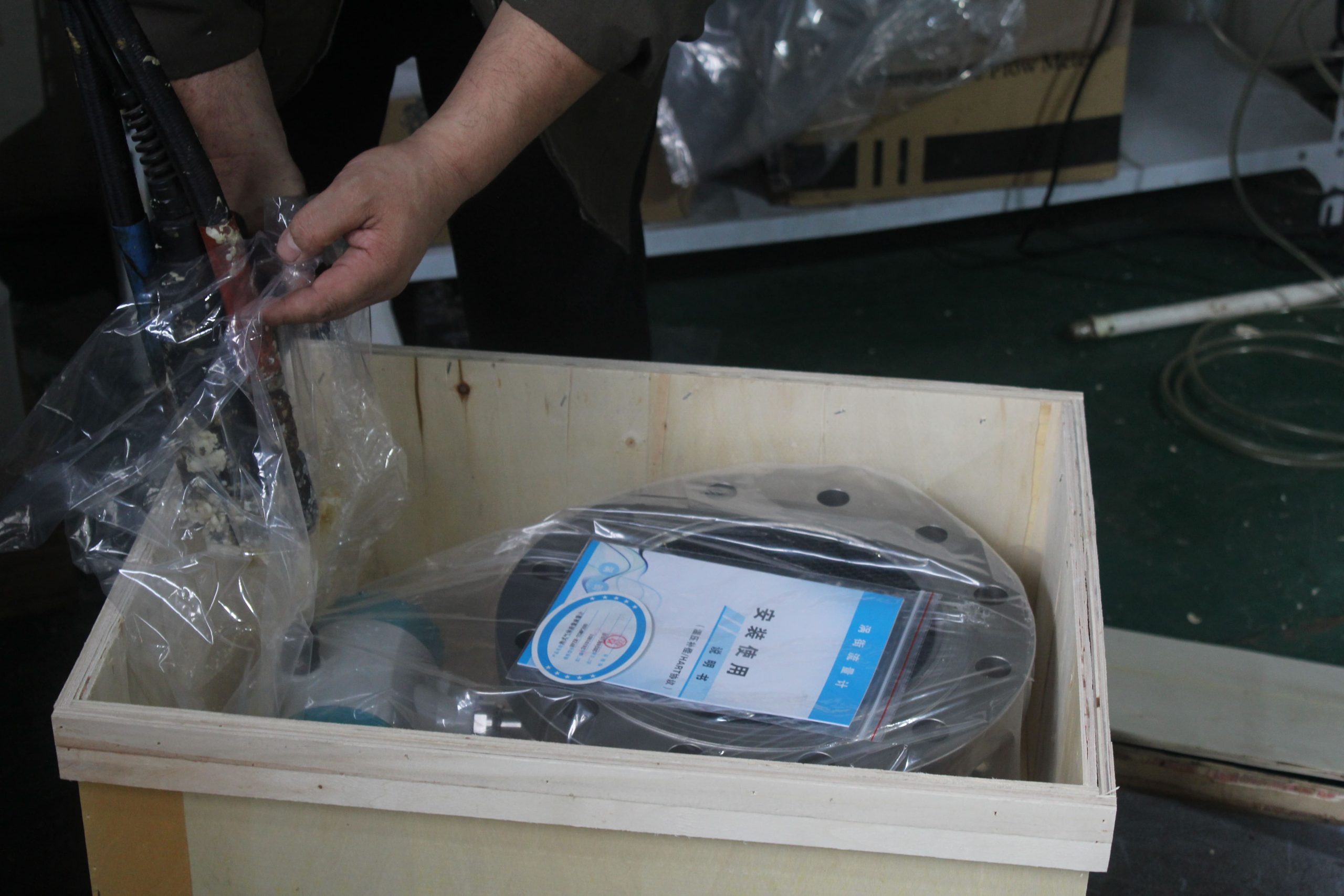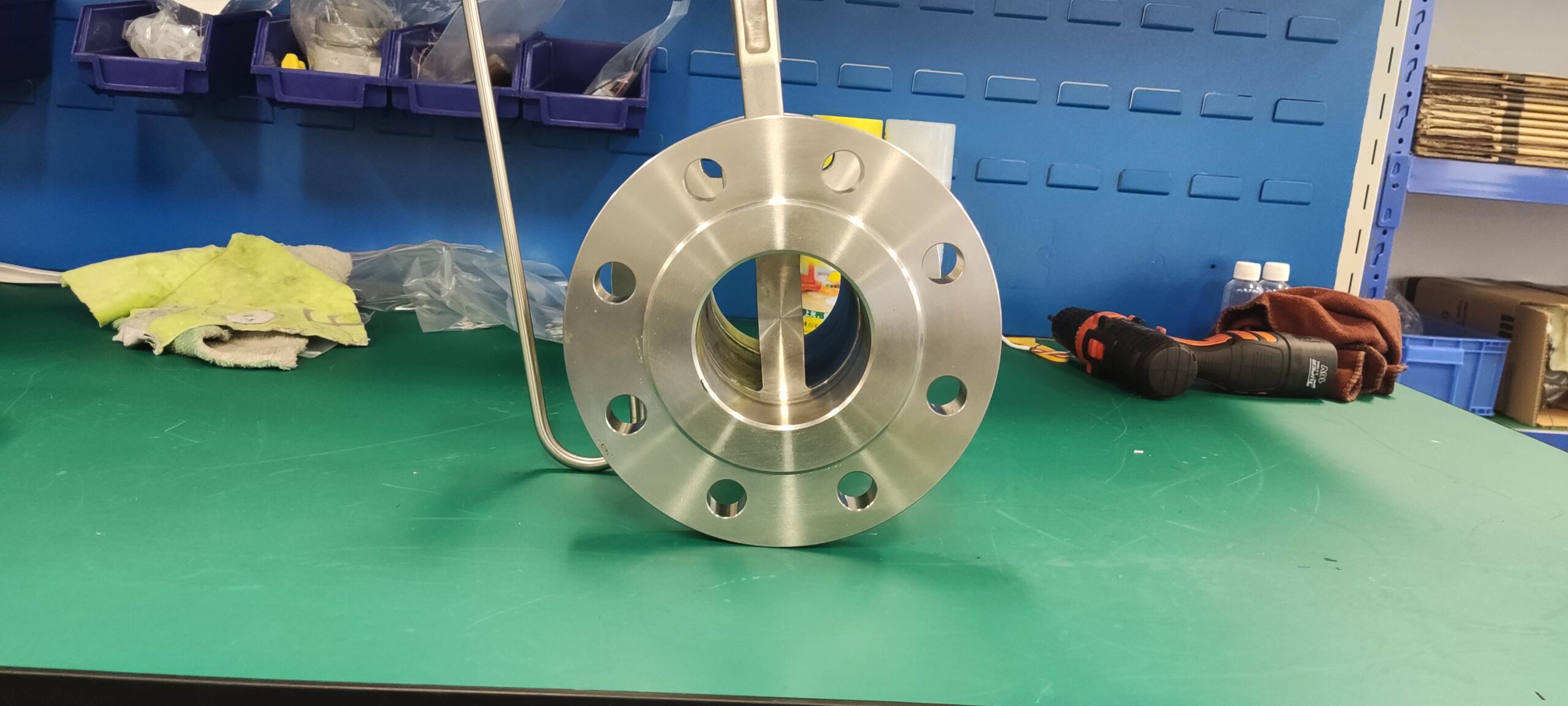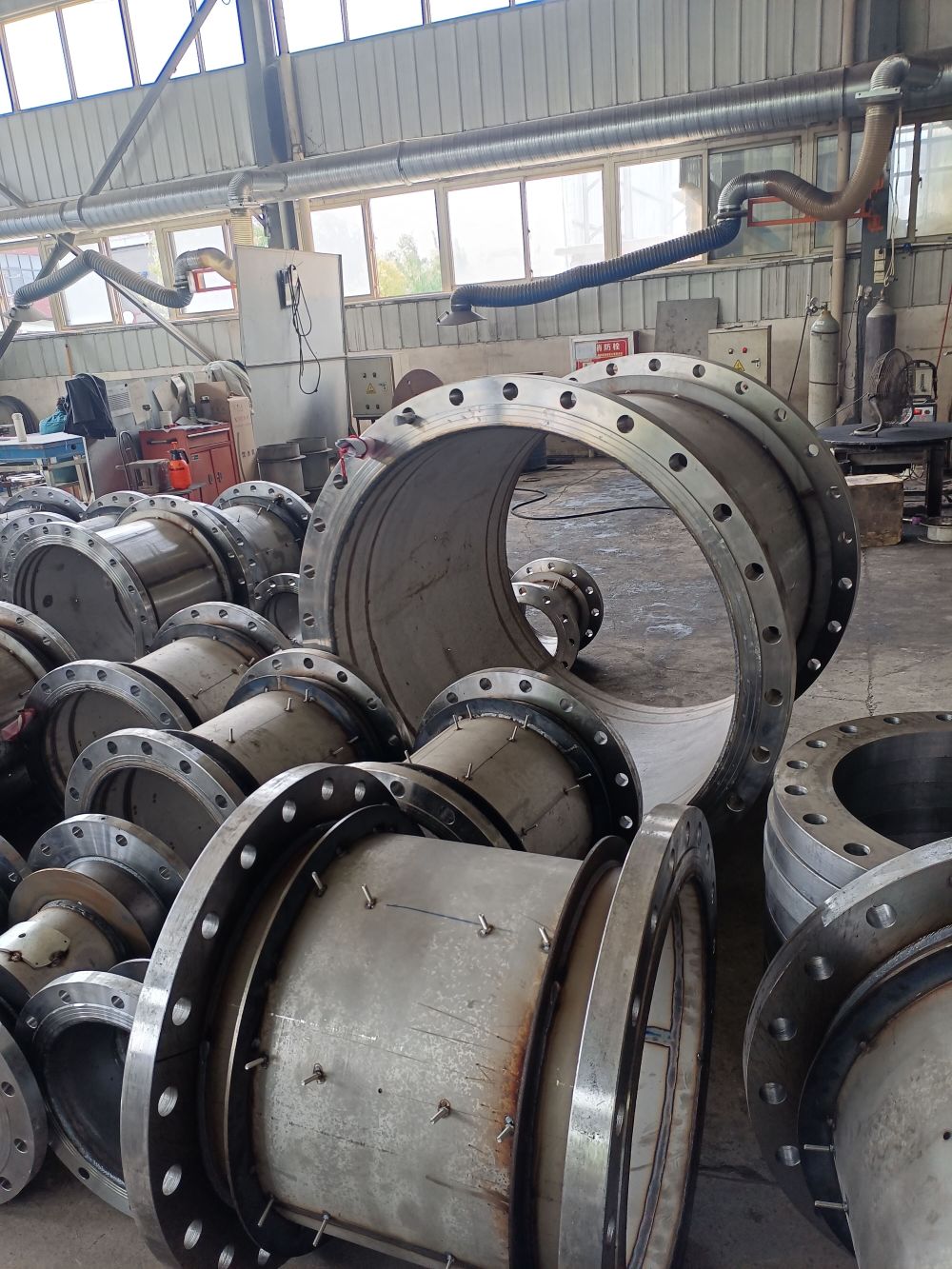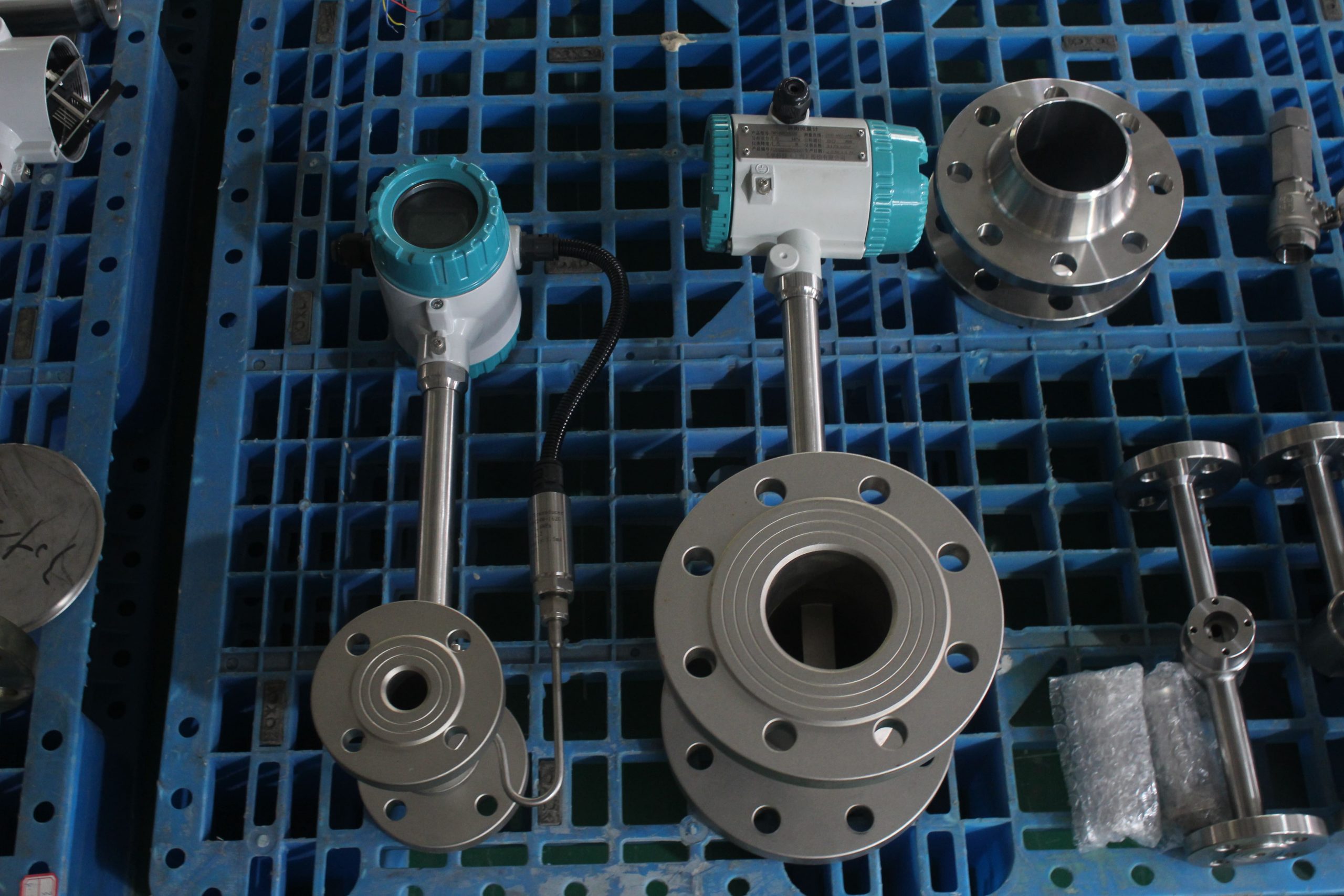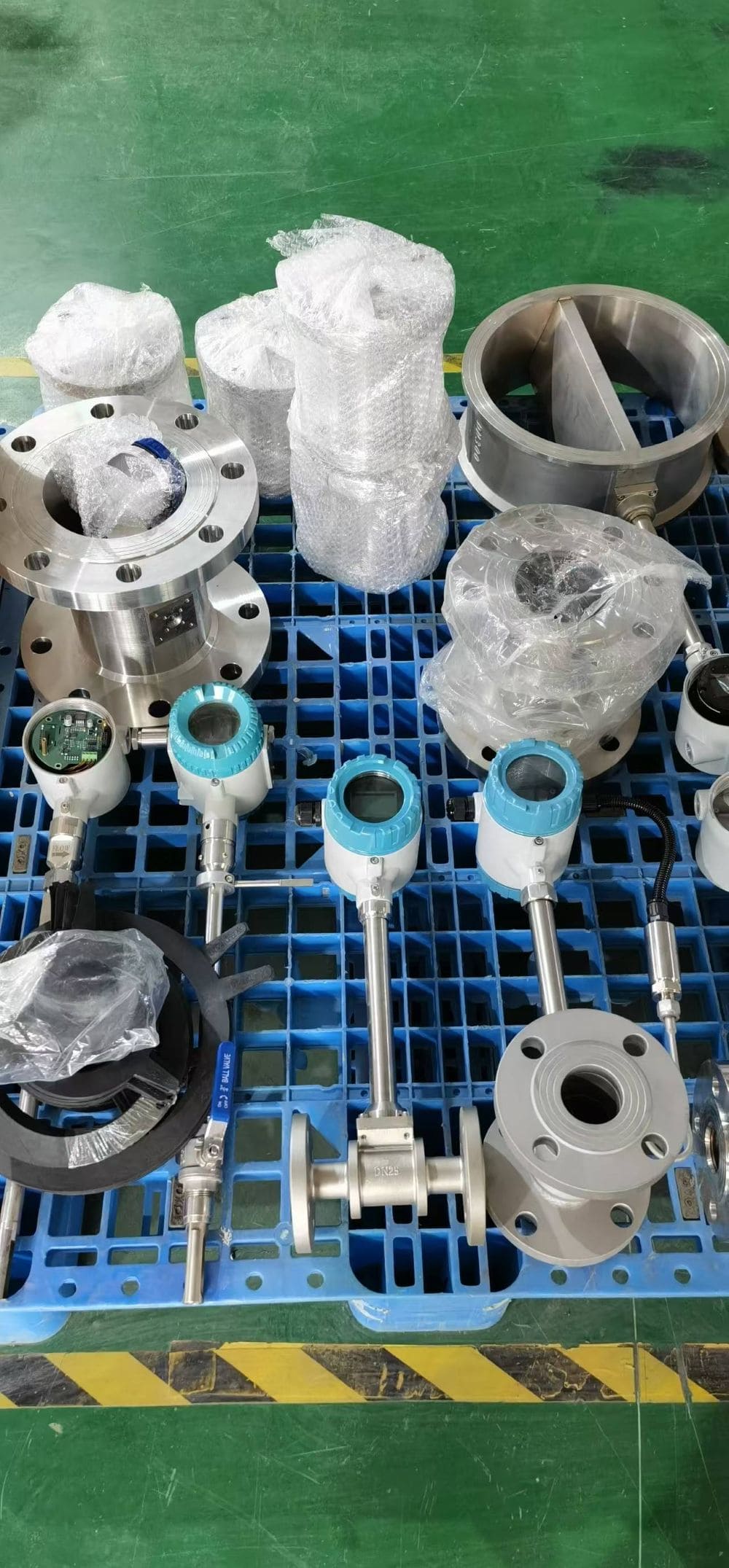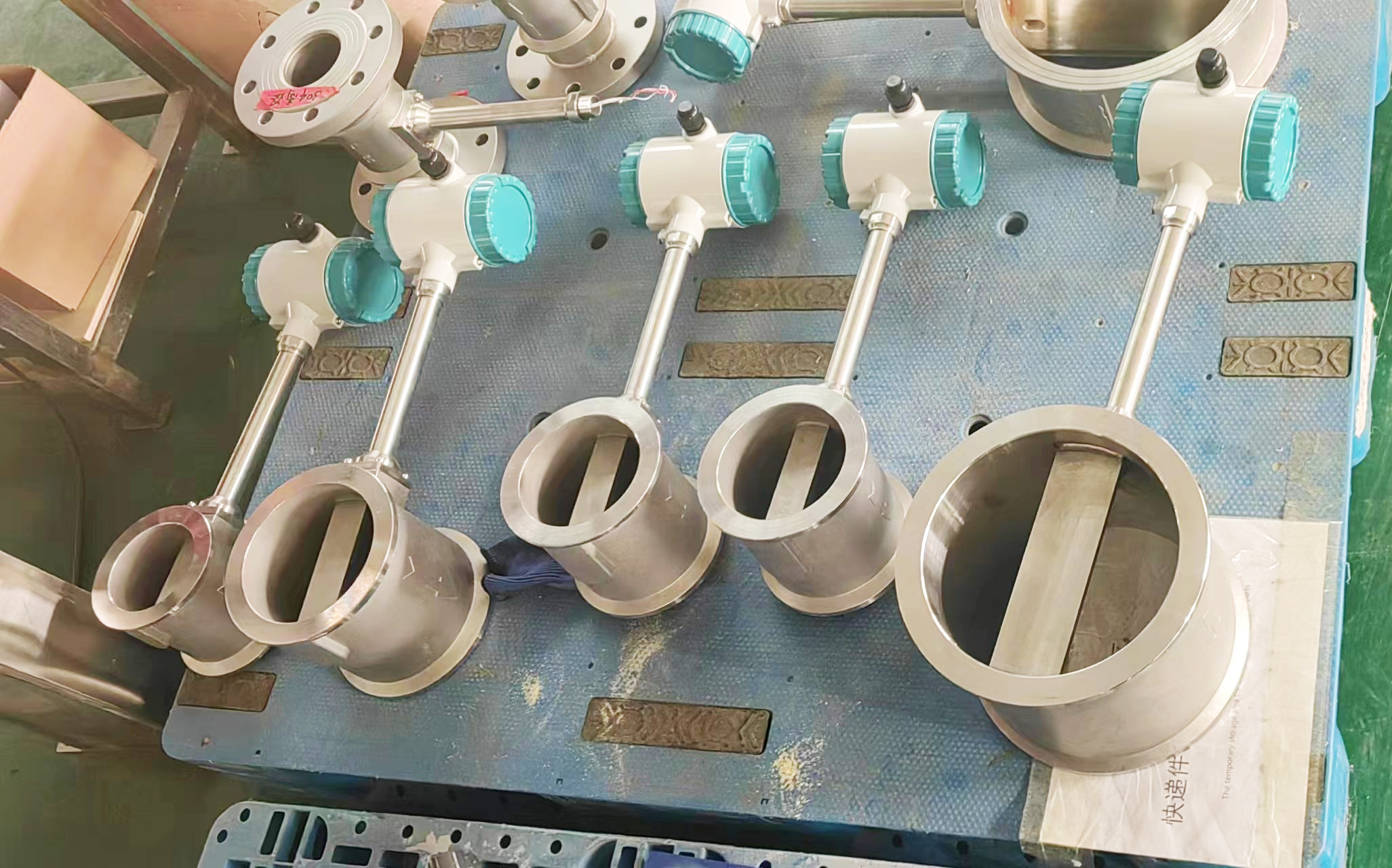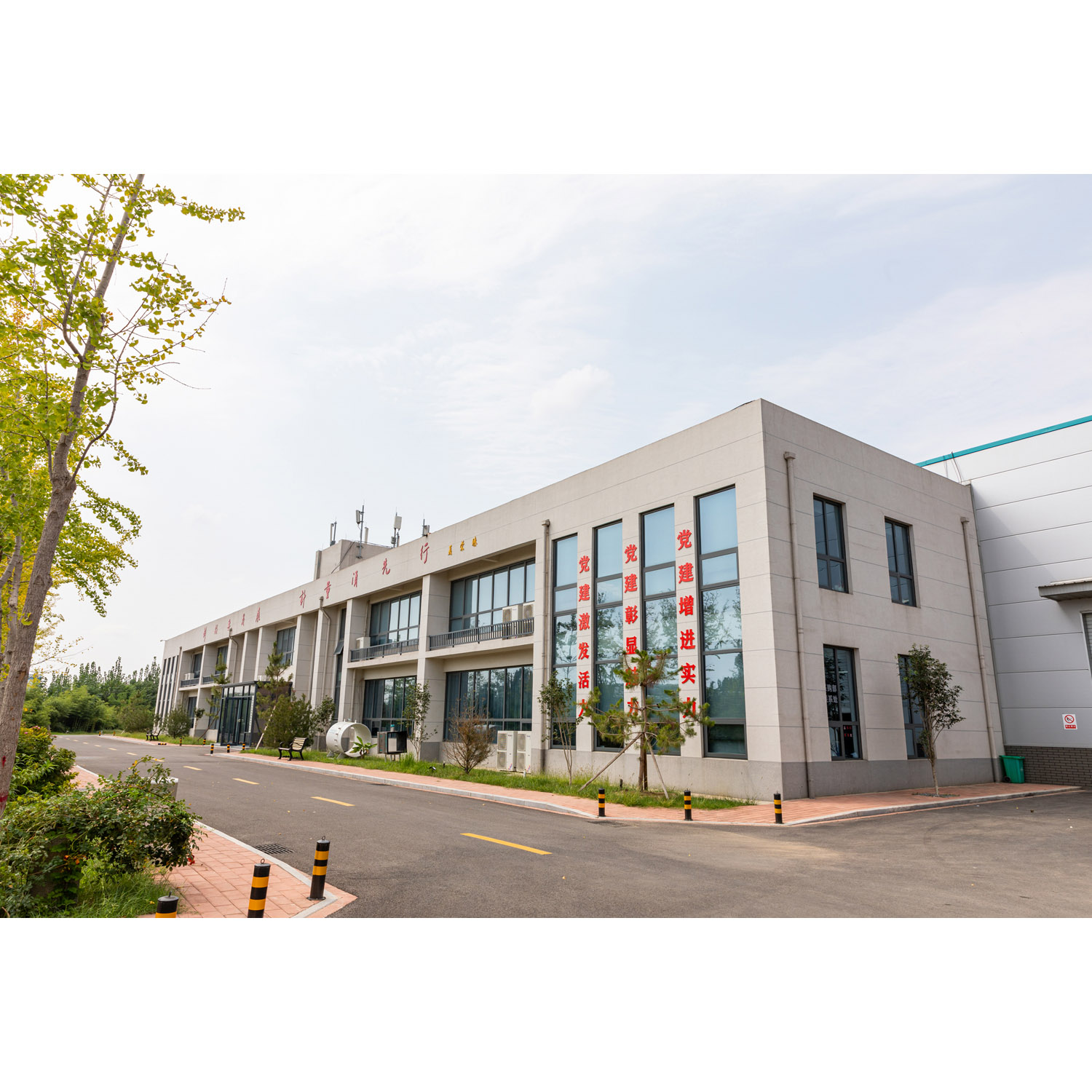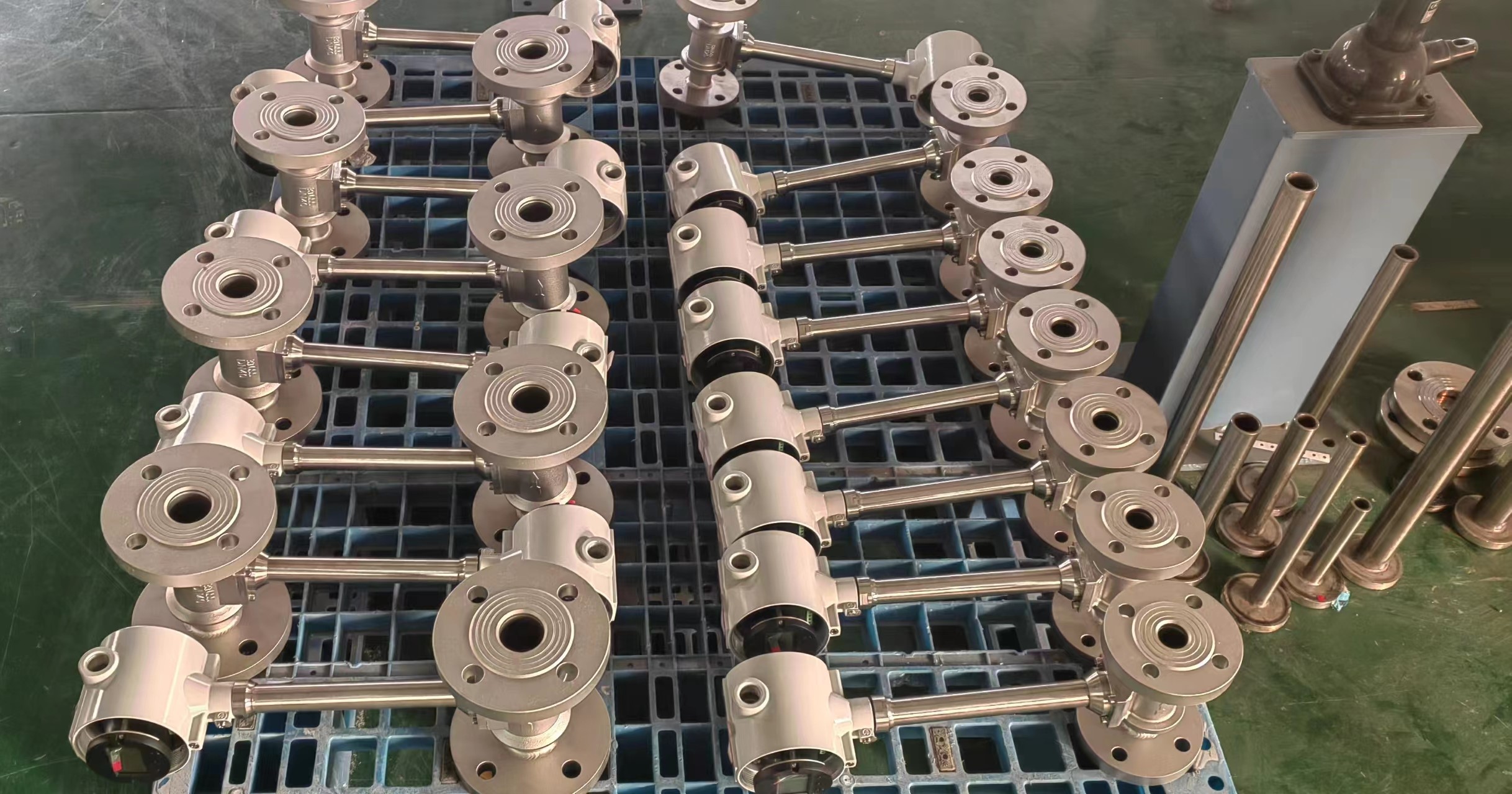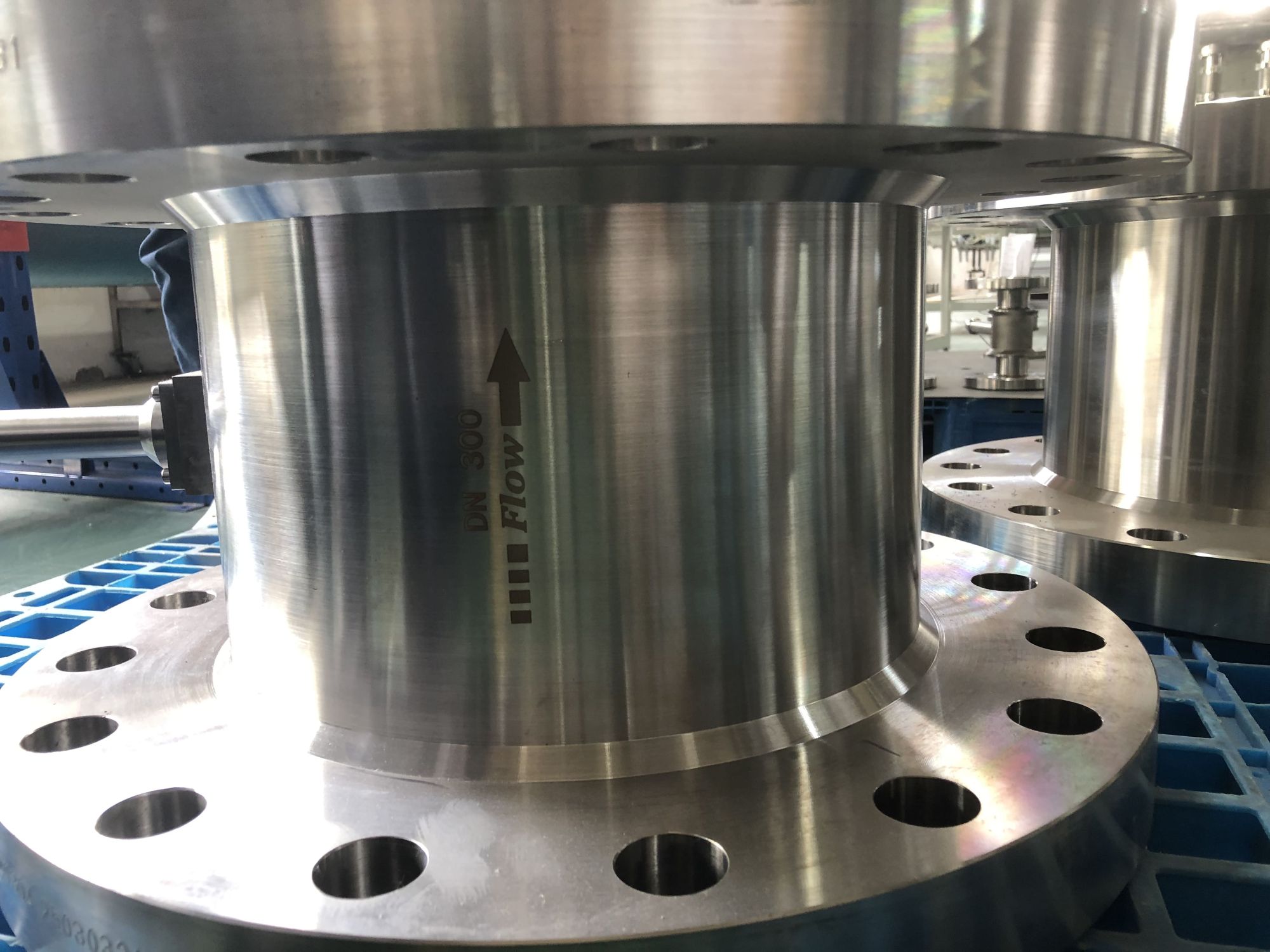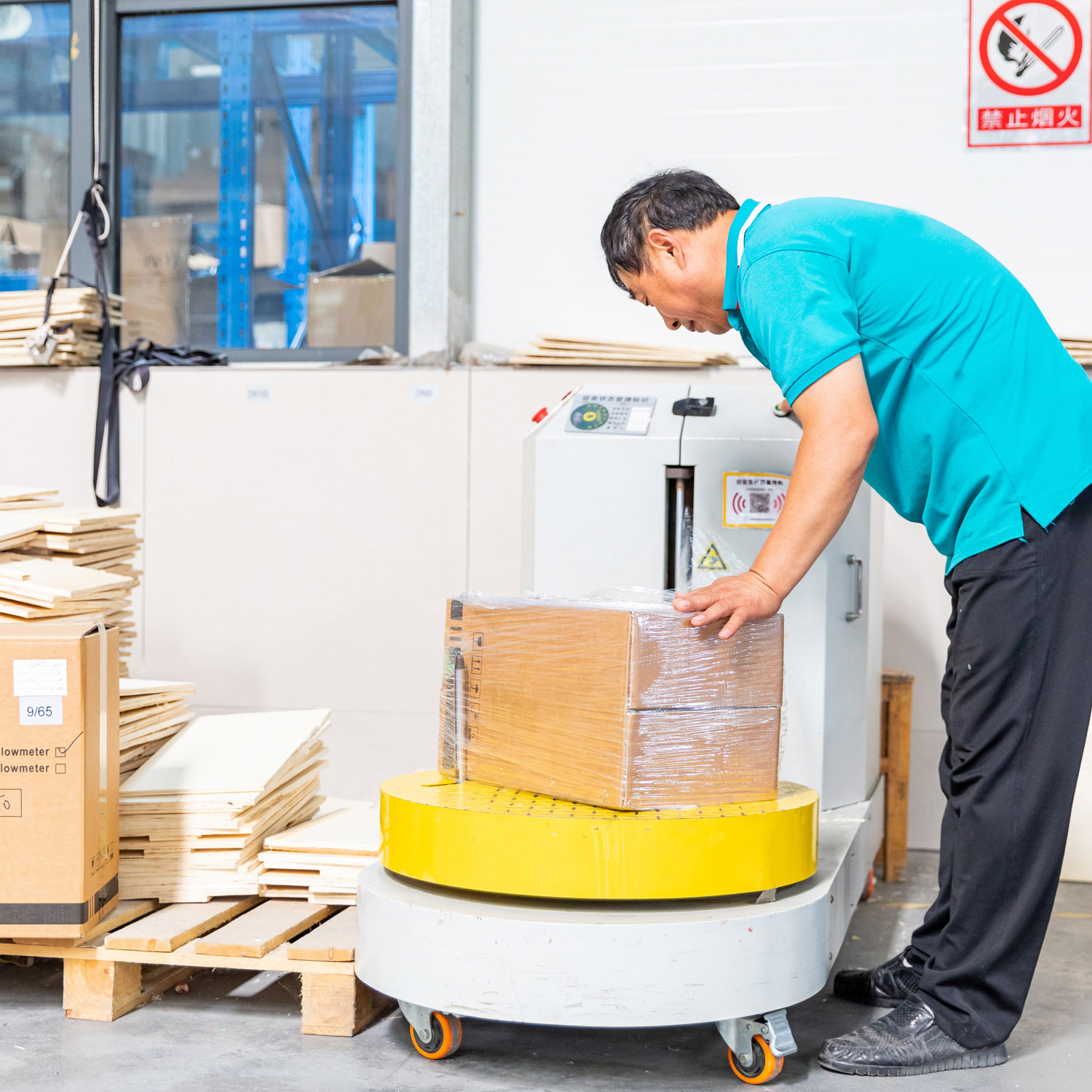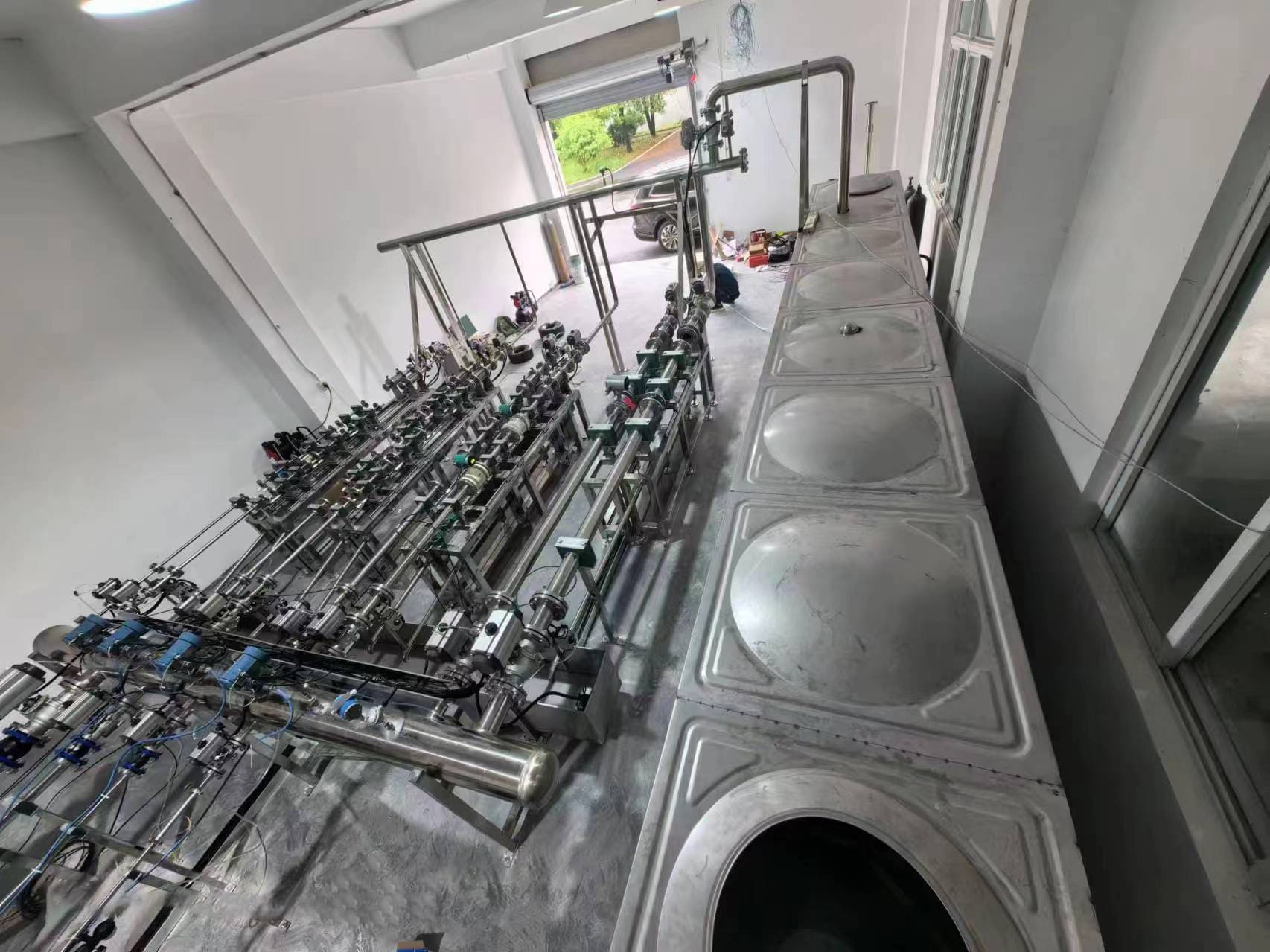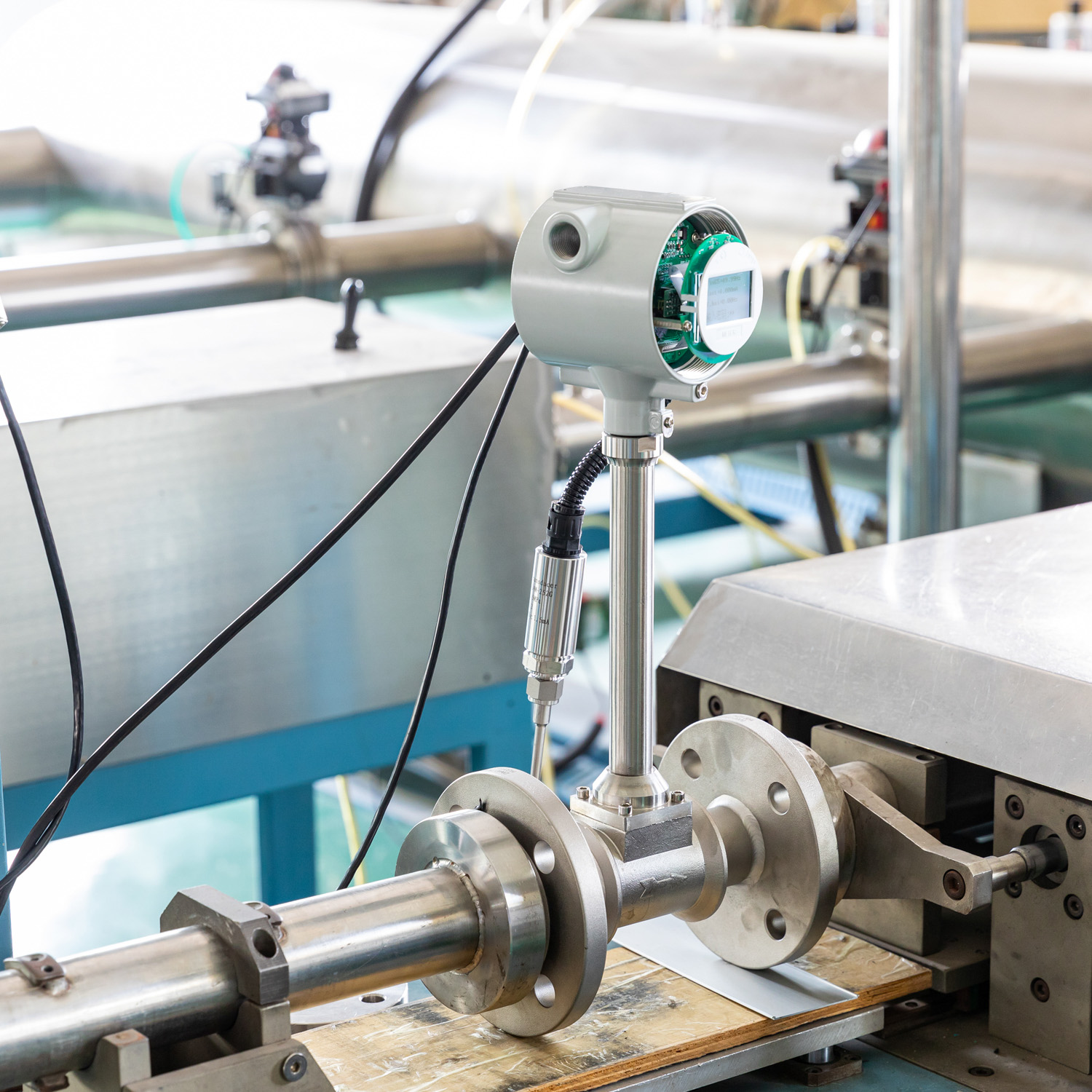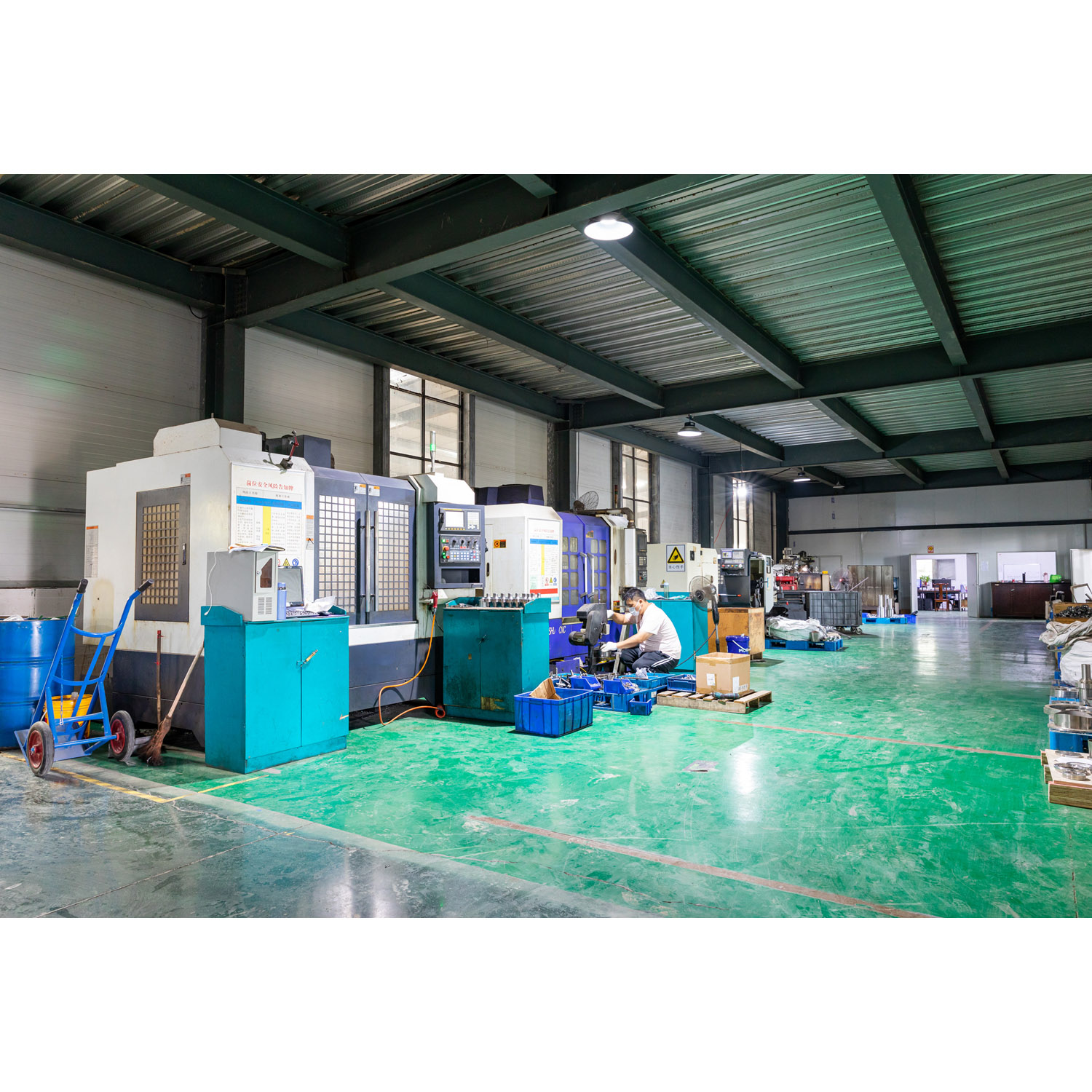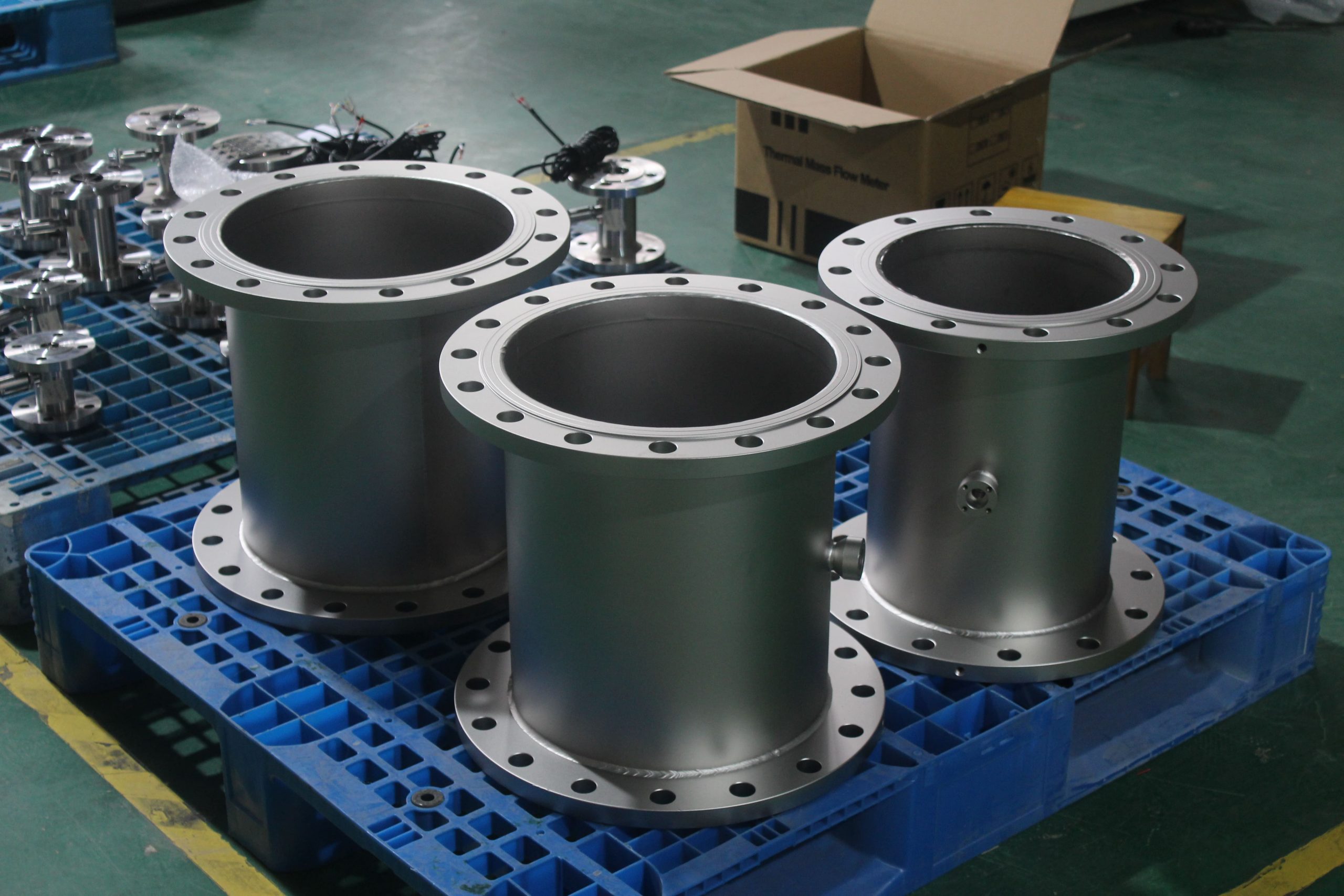What are the flowmeters for measuring nitrogen
There are various types of flowmeters for measuring nitrogen, and each type has its specific application scenarios and advantages. The following are some common nitrogen flowmeters:
Vortex flowmeter
Features: Vortex flowmeters are mainly used for flow measurement of various media in industrial pipelines, such as gases, liquids, and vapors. Its characteristics are low pressure loss, wide measurement range, high accuracy, and it is almost unaffected by parameters such as fluid density, pressure, temperature, and viscosity when measuring the volumetric flow rate under working conditions.
Application: Widely used in industries such as petroleum, chemical engineering, power, metallurgy, and urban gas supply, it is a common choice for measuring nitrogen flow.
Thermal mass flowmeter
Features: The thermal mass flowmeter calculates the flow rate by measuring the thermal conductivity or heat loss of the fluid, and it has high accuracy for measuring the flow of gases such as nitrogen.
Application: Widely used in factories, laboratories, and gas filling enterprises, especially in scenarios where precise and stable flowmeters are required to ensure production safety and efficiency.
Helical vortex flowmeter
Features: The helical vortex flowmeter can be widely applied in the measurement of various gas flows and has a unique structure and measurement principle.
Application: It is commonly used in the measurement of natural gas transmission and distribution and trade in oil fields and cities, and is also suitable for the flow measurement of nitrogen.
V-cone flowmeter
Features: The V-cone flowmeter consists of a conical main body and a pointed conical prism. It is suitable for measuring dirty fluids, has a wide range ratio and good stability.
Application: It can be used for flow measurement of gases such as nitrogen, and is especially suitable for use in media containing impurities or particles.
When choosing a nitrogen flowmeter, a comprehensive consideration should be made based on multiple aspects such as specific measurement requirements, medium characteristics, installation conditions and economic factors. Different types of flowmeters have their own advantages and disadvantages. Choosing the appropriate flowmeter is crucial for ensuring measurement accuracy and stability.

